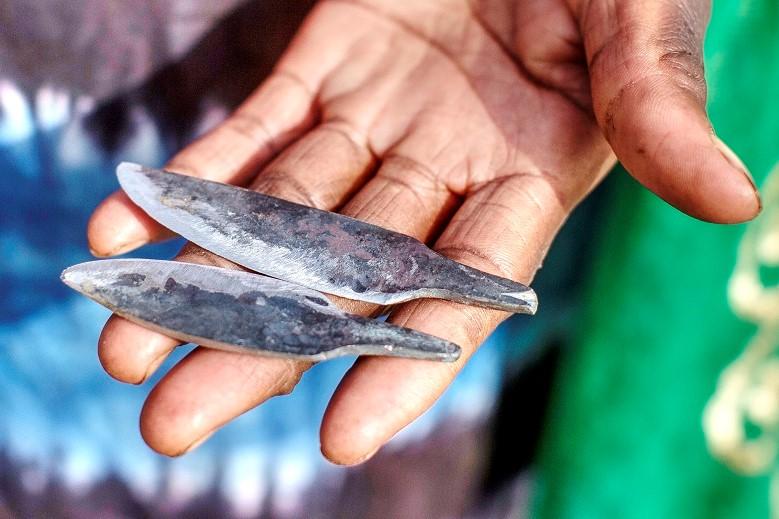Tanzania has established a national strategy to end female genital mutilation, which was still widespread in the country despite years of campaigning. Sebastian Kitiku, Director of Children’s Affairs in the Ministry of Health, said the strategy would be launched on 15 March 2021.
Like most countries in Africa, Tanzania has created a national strategy to end female genital mutilation, which was still prevalent in the country despite years of campaigning, said Sebastian Kitiku, director of children’s affairs in the Ministry of Health, Community Development, Gender, Elderly, and Children said the strategy would be launched on 15 March 2021.
He said the four-year national strategy would involve conducting campaigns on the health consequences of female genital mutilation for girls and women, recruiting agents of change in communities, and enforcing legal mechanisms.
‘National statistics show that the prevalence of female genital mutilation in Tanzania is 10 percent, indicating that there is a daunting task to eliminate the misconduct,’ Kitiku said at a press conference in Dodoma, the capital, to mark the International Day of Zero Tolerance to FGM.
The official said the 2015-2016 Tanzania Demographic and Health Survey showed that one in 10 women in Tanzania had undergone female genital mutilation, citing Manyara, Dodoma, Arusha, Mara Singida as areas with major incidences of female genital mutilation.
In 1998, the Government of Tanzania criminalized FGM.
